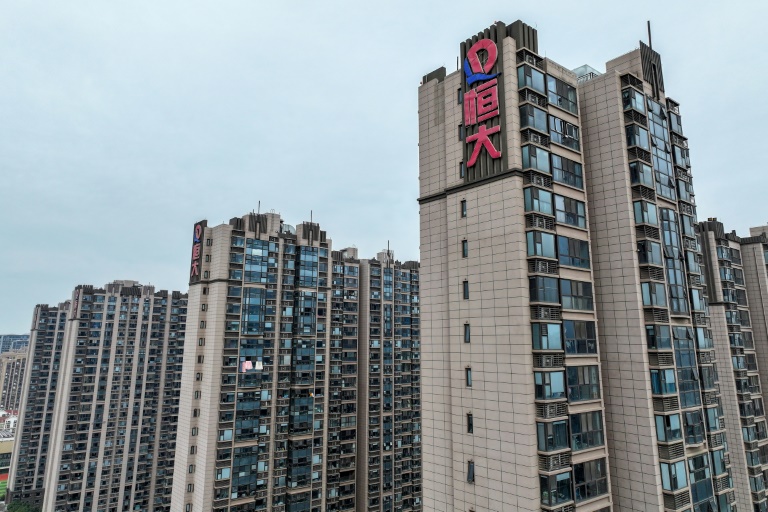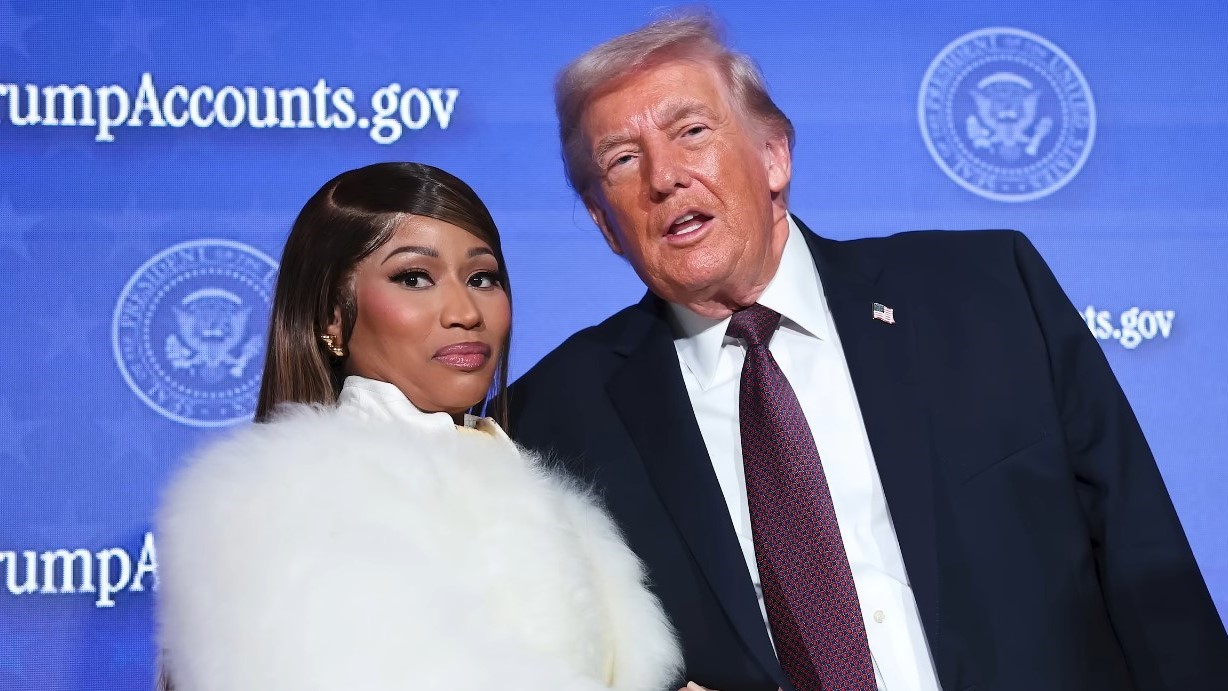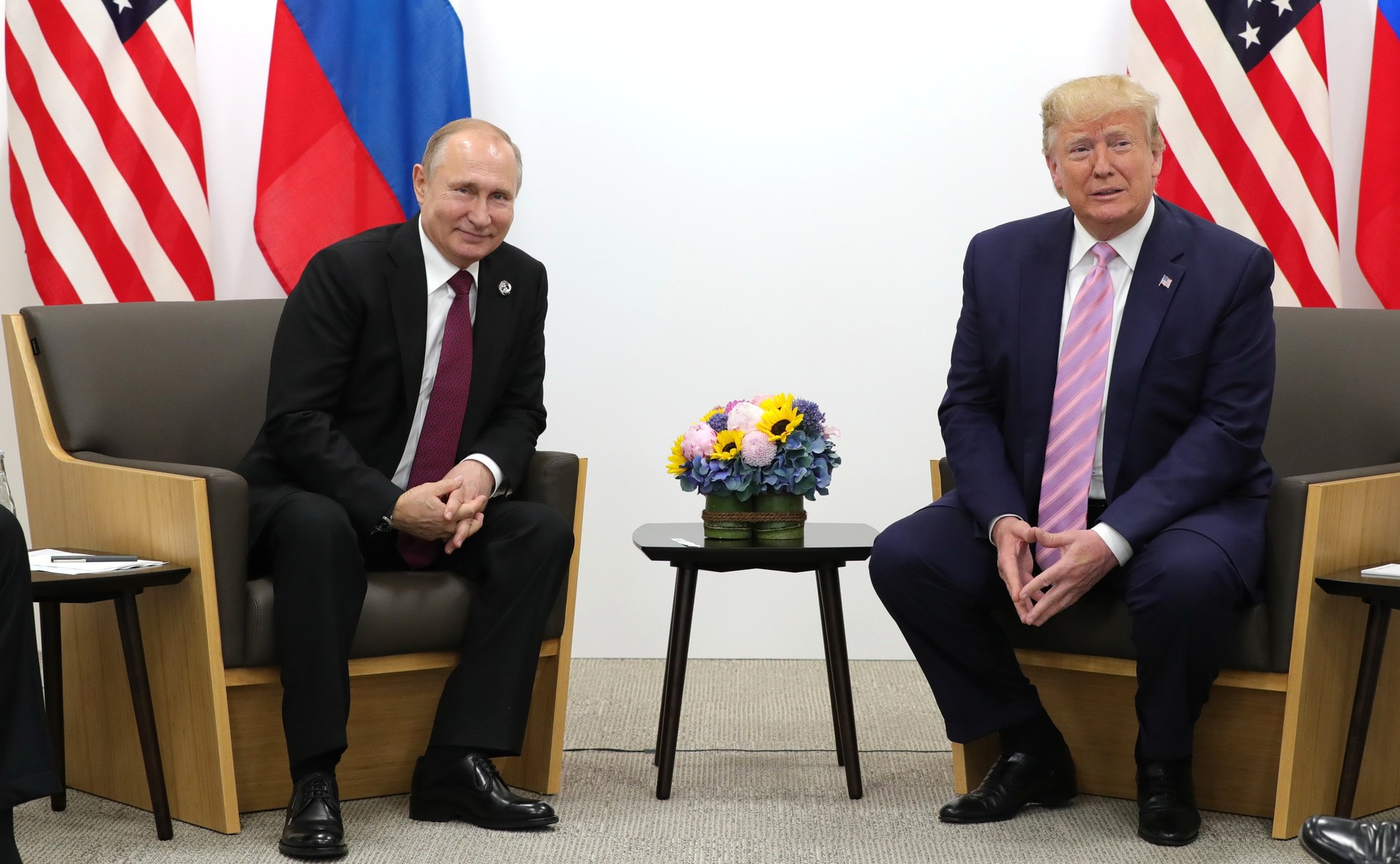A Hong Kong court on Monday gave Chinese property giant Evergrande until the end of January to put together a restructuring plan, offering the embattled firm much-needed breathing room as it teeters on the brink of bankruptcy.
The real estate giant’s astronomical debt has become emblematic of a years-long crisis in China’s property market.
Here’s what we know about the state of Evergrande’s finances:
In June — the last time it publicly disclosed its debts — Evergrande said it owed an estimated $328 billion.
The company was once China’s biggest real estate firm, a giant in a sector that ballooned as property became the foundation of a burgeoning middle class’s growing wealth.
But a long-running housing crisis has wreaked misery on the lives of homebuyers across the country, many of whom have staked life savings on properties that never materialised.
Unable to repay interest on its loans, Evergrande formally defaulted in December 2021.
And in August, the group declared bankruptcy in the United States, a measure intended to protect its assets there.
The firm’s creditors are demanding controlling stakes in its equity, Bloomberg reported, with the property giant offering them 17.8 percent of its parent company and 30 percent of Evergrande’s property services and electric vehicle groups.
Many of the group’s assets have been sold in recent months in a rush to build liquidity: around 50 billion yuan ($7 billion) as of the end of November, according to Chinese media.
But during a hearing in October, the recovery rate for Evergrande’s lenders was estimated at less than three percent — highlighting the mountain creditors must climb if they want to retrieve their money.
Evergrande has until January 29 to come up with a detailed repayment plan, with a Hong Kong judge urging its lawyers to seek “more direct discussion with relevant authorities” to confirm that the company’s restructuring proposal was doable.
Evergrande says it employs more than 100,000 people but its fate indirectly affects millions more.
Its financial woes deepened fears of catastrophic consequences for the Chinese economy — threatening to further deepen views that the property market is unsustainable and pile pressure for the state to offer more support.
Real estate and construction have long accounted for more than a quarter of China’s gross domestic product and served as a driving force for many other sectors.
In recent months, groups previously considered financially secure, including one of Evergrande’s key competitors Country Garden, have also fallen into trouble.
And despite recent measures by Beijing to revive real estate, sales and prices continue to fall in many cities.
Deepening the firm’s woes, Bloomberg News reported in September that billionaire boss Xu Jiayin was being held by police.
The developer later confirmed that Xu — also known by his Cantonese name Hui Ka Yan — was “subject to mandatory measures in accordance with the law due to suspicion of illegal crimes”.
Neither Evergrande nor Chinese authorities have specified the nature of the facts alleged against its founder.







